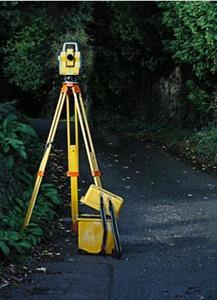
Should I disclose disputes and defects when selling my property? When it comes to selling your home, how much information about the property do you need to disclose to potential buyers? It’s more than likely that you’ll be reluctant to give out information that might reduce the value of your home, or perhaps lead to negotiations falling though.
This is completely natural.
After all, you want to make sure you’re getting the best price for your home, and so you might choose to withhold from potential buyers the fact that your neighbour holds a weekly party for example.
But before you come to sell your home, you must make sure that you’re aware of the laws surrounding this grey area so that you don’t find yourself in hot water under new legislation.
Regulatory changes have been introduced in recent years concerning property sales under the Consumer Protection from Unfair Trading Regulations, protecting buyers by requiring traders to disclose everything that could affect a buyer’s purchase decision.
In other words, you are now required to provide your potential buyers with all the information they need to make an informed buying decision about your property.
Sellers that have this information and choose not to disclose it to their agent or seller could be met with charges and up to two years in prison.
DefectsHouse sellers must inform buyers about any structural defects within the home.
These defects can affect the value of the house, so buyers must be made aware of them before making the decision to buy and deciding how much to offer so that they can compensate for any future expenses and ensure they know what they have paid for.
If the buyer is not provided with this information then they could find out later down the line that their new home is worth far less than they originally paid.
The legislation acts to protect these buyers.
DisputesEqually, buyers are entitled to be made aware of any potential disputes or troublesome neighbours.
Boundary disputes over land for example could leave new owners with a garden much smaller than they originally paid for if the claimant is successful in their dispute.
This isn’t fair to buyers, as they must be made aware of any potential changes to the property that could affect its valuation.
Furthermore, information regarding troublesome neighbours must be passed on to buyers as this could have a major impact on their quality of living.
If you’re thinking of selling your home and looking for more information, read our guide on selling your house here or call us on 01904 650650.
Share on social media